Dodge, a division of Fiat Chrysler, recently announced the Demon, an 840-horsepower ultimate muscle car it calls “A Beast Unlike Any Known to Man.” That extreme title is more than puffery. The bold claim is backed by an array of outrageous automotive features that together produce such superlatives as:
- Highest horsepower of any production car
- Fastest 0-60 time of any production car: 2.3 seconds
- Fastest 0-100 time of any production car: 5.1 seconds
- First wheelie by a production car
What’s a production car? They are “mass-produced identical models, offered for sale to the public, and able to be legally driven on public roads (street legal).” In other words, they’re the vehicles in front of and behind us on highways. They’re the ones pulling up next to us at stop lights. They’re the cars that any of us can buy and drive around town.
So, why does someone need a ‘monster’ like the Dodge Demon to drive back-and-forth to school or work? It seems like using a sledge hammer to kill a fly. Of course, a similar question can be asked about other cars, e.g., Does anyone really need a Lamborghini, a Lincoln Navigator, or a Lexus to get from point A to point B?
There is a key difference, however: Dodge has designed the Demon for one specific purpose—drag racing. That’s the reason for the “superlatives” listed above and the reason the company’s own website says:
- “Race-Ready”
- “Every feature was chosen to optimize drag strip performance. That’s why the Dodge Challenger SRT® Demon is equipped with 315/40R18 Nitto NT05R™ drag radial tires.”
- “Built for the drag strip”
- “Designed with drag races in mind”
- “The Dodge Challenger SRT® Demon is designed for one thing: dominating the quarter mile. These essentials will help ensure you get to the stripe first, win some trophies and put the other guy on the trailer.”
Of course, other companies also make dragsters, and some of those cars are much faster than the Demon: “Top Fuel dragsters are the quickest accelerating racing vehicles in the world and the fastest sanctioned category of drag racers, with the fastest competitors reaching speeds of 335 miles per hour (539 km/h) and finishing the 1,000 foot (305 m) runs in 3.7 seconds.”
Again, however, there’s an important difference: You can’t take these Top Fuel cars or most other dragsters onto the street, but you can easily do so with the Demon. This Dodge car can run legally on regular roads. Therein lies the problem. Public streets in cities, towns, and even rural areas, aren’t meant for solo vehicles traveling over a hundred miles per hour, let alone a couple of cars racing each other. What’s more, other vehicles and pedestrians inevitably cross paths with street racers, resulting in disastrous outcomes.
A quick web search of “street racing accidents” produces images of some of the most mangled automobiles you’ve ever seen, as well as continuous stories of people tragically impacted by races gone wrong. Here are some of those headlines:
- “Arrest made in street racing accident that killed 3.”
- “Father, daughter killed in street racing accident.”
- “More than 60 people witnessed fatal L.A. street race.”
- “2 Killed, 1 Injured in Fiery Street-Racing Crash.”
But, does Dodge or any automaker deserve blame for these foolish accidents? After all, individuals with more bravado than brains use all sorts of tricked out cars for street racing, especially Honda Civics and Toyota Camrys, which happen to be the top selling sedans in America. These car companies don’t make or promote their vehicles for street racing, yet some consumers go to great lengths to use them that way.
Dodge, however, is no innocent bystander to street racing. As described above, the company purposely manufactures and promotes the Demon for drag racing, which could just mean the relative safety of closed-course stadiums, but it doesn’t. Consider some of Dodge’s other messaging that is specific to street racing on the site www.dodge.com/en/ifyouknowyouknow/:
- An initial video clip briefly shows a young man waving what appears to be a starting flag on what looks like a nighttime street.
- Even less subtle, Tim Kuniskis, Head of Passenger Car Brands for Dodge, introduces the Demon by saying: “We have a duty . . . to literally leave our mark on the strips and streets of America,” and “This is the most technologically-advanced, street-legal, production drag car ever.”
One can argue that those words and images are fanciful, not intended to be taken literally, or that they’re inconsistent with the corporation’s culture, but even the mission and values of Fiat Chrysler advocate “competition” and taking “risks.” These principles take on an eerily ‘demonic’ meaning when considered in the context of street racing.
Finally, there’s the car’s name and related branding. Most car names have a positive or neutral connotation, e.g., Accord, Daytona, Envoy, Expedition, Explorer, Focus, Malibu, Odyssey, Park Avenue, Pathfinder, Sedona, Tacoma, etc. “Demon,” however, carries a decidedly negative and even evil association, which Dodge reinforces with the car’s logo and other visual identifiers.
On one hand, a name is only what you make of it. On the other hand, if you call your son Spike, you’re charting his path for him. Similarly, naming a car “Demon,” suggests some disregard for law and morals.
I must admit: I’m not a car guy; my knowledge of things automotive is limited. However, a more expert source has offered a similar opinion. In a recent editorial, Automotive News has called for a ban on the Demon saying that “Dodge is wrong to offer a purpose-built drag racer as a road-legal automobile.” The piece goes on to suggest that the company “places bragging rights ahead of public safety.”
Unfortunately, even with such significant safety concerns, Dodge will likely find owners for all of the 3,000 Demons it plans to offer for the 2018 model year at a price of nearly $100,000 each. As Forbes suggests, “Speed always sells in the new-car business, and being able to boast having the ‘world’s fastest production car’ guarantees Dodge magazine covers and millions of fanboy followers.”
So, in the end, Fiat Chrysler wins, as do the adrenaline-seeking street racers who buy Demons. Meanwhile, the general public bares the risk of the “Beast,” suffering Dodge’s decision to use “Single-Minded Marketing.”
Learn more about the Mindful Matrix and Mindful Meter.
Check out Mindful Marketing Ads and Vote your Mind!

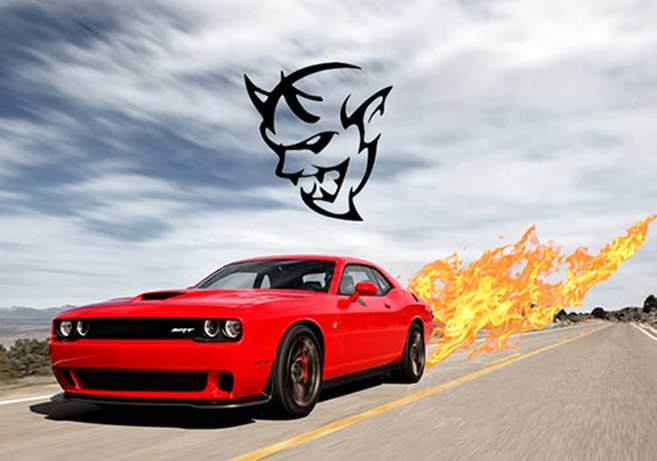
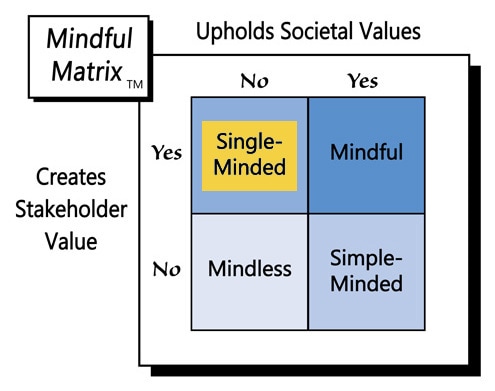
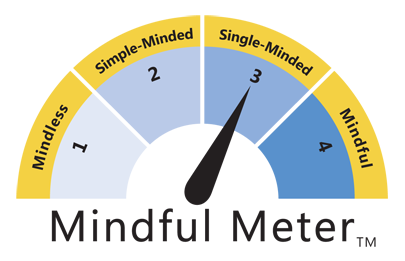
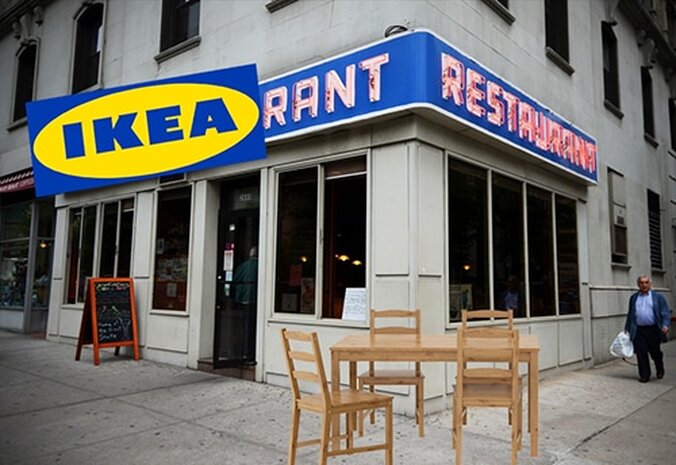
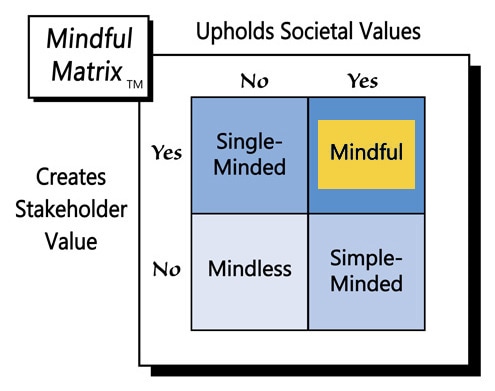

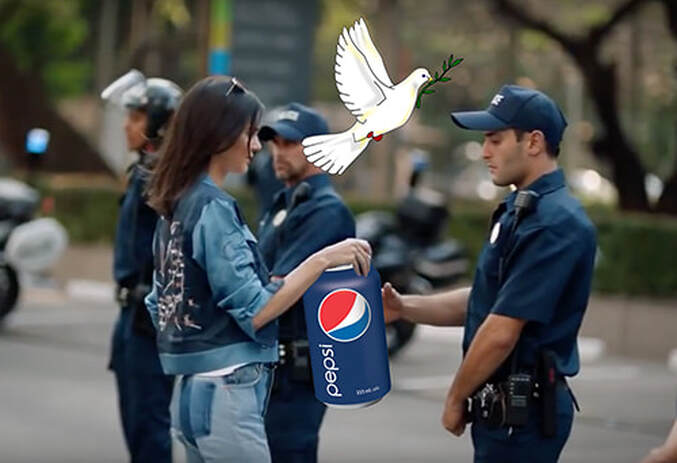
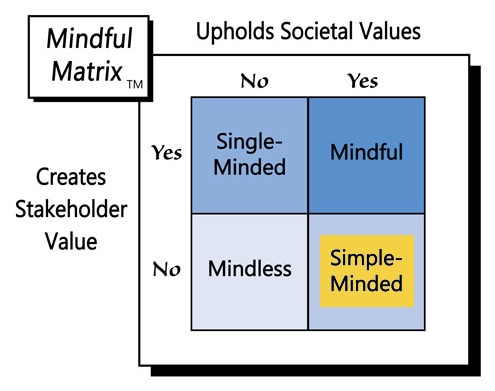


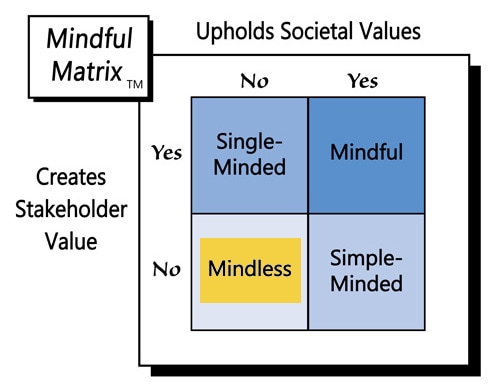

 RSS Feed
RSS Feed